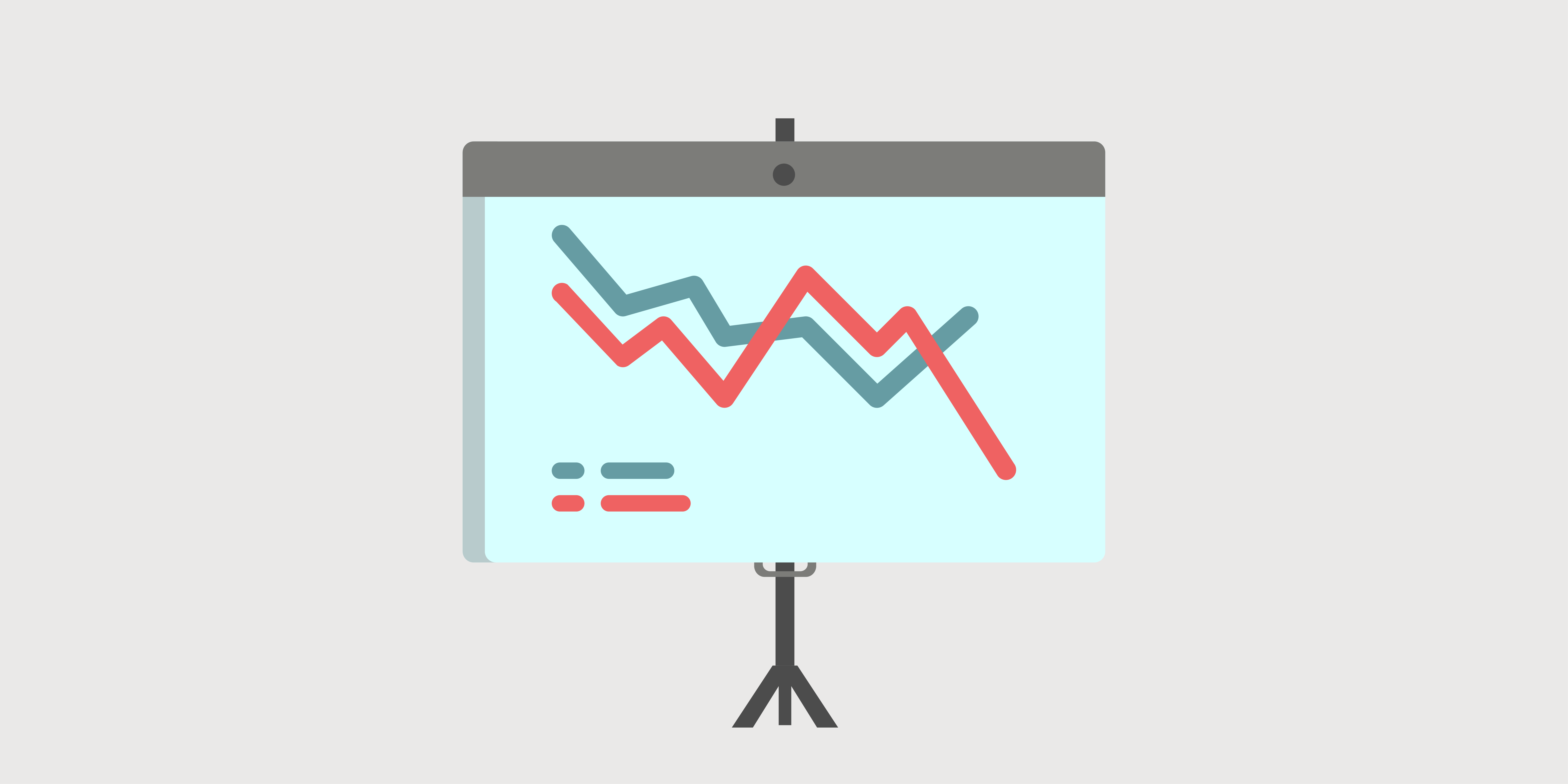While having money set aside in an emergency fund sounds like a good idea, making that happen can feel daunting – or downright impossible – especially after a year as unpredictable as the last.
But without any backup, a lost job, sick pet or broken appliance could mean relying solely on credit cards or a line of credit, and result in mounting debt and interest payments. Emergency money could be a huge help under these circumstances.
It doesn’t have to be perfect
Financial experts have long said an emergency fund should ideally contain the equivalent of between three and six months of expenses, and lately, these estimates are creeping to closer to a year.
That may not be realistic for a lot of people, but starting a rainy day fund and setting aside even $20 a month will help out in a pinch. Think of it as a work in progress and save what you can.
An emergency fund comes down to having money you can access easily, without restrictions or fees. It can be held in a regular savings account at a bank or a high-interest savings account (usually offered online).
The goal is to avoid racking up more debt or having to dip into a retirement fund that may trigger tax payments or penalties.
Having cash on hand also means you won’t be forced to sell any stocks you may hold to access that cash, because if you sell in a rush you could end up selling at a loss and end up with less than you initially paid for those shares. Or, maybe you make money – and it’s something else you have to pay tax on.
It should make sense for you
The best way to start is to add up your monthly expenses, see how much money you have leftover, and figure out what portion of that you’re comfortable setting aside. If you have $500 available, maybe you want to keep $300 for discretionary spending and put $200 into a savings account.
How many expenses you have, whether anyone else depends on you or whether you have relatives who can support you if you lose your job can also factor into your considerations around how much to save.
If you’re still paying off debt, a smaller emergency fund may make sense. If your job isn’t very secure, perhaps you can focus on saving more.
The money itself could be an automated withdrawal that’s set every month or payday check, or a tax refund, a bonus – even birthday money.
The point is to have a dedicated account where you can pull what you need to cover the rent or mortgage, utilities and food for a few months if something unexpected happens.
Romina Maurino is a freelance journalist and the editor of The Financial Pipeline.





